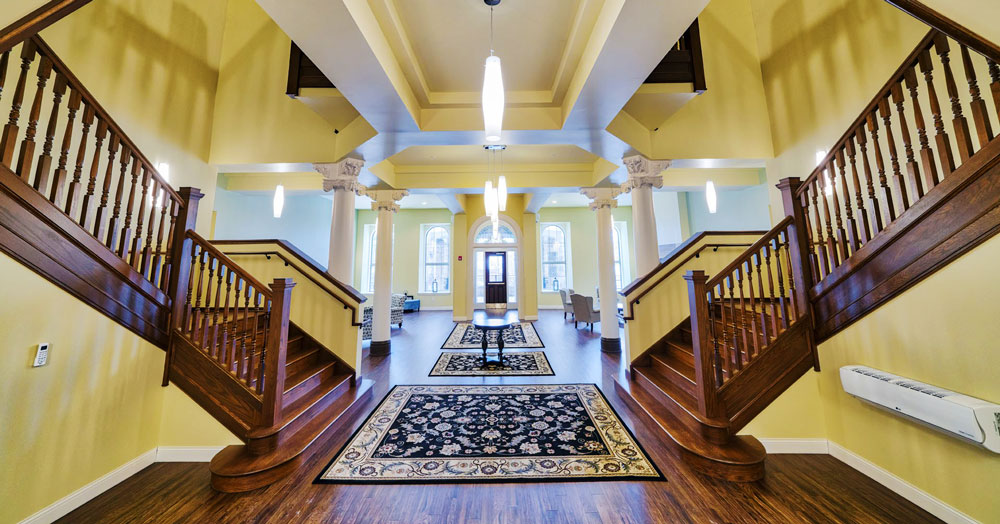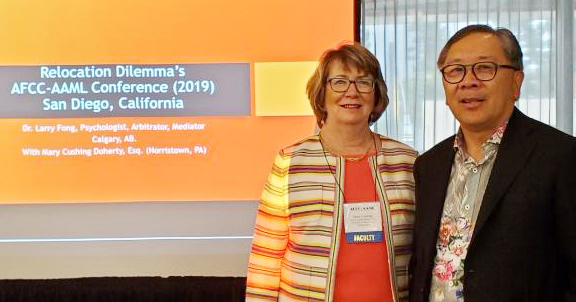“School choice” cases, as those cases are typically referred to by child custody attorneys, are difficult, fact-laden, and emotional.
School Choice cases are made more complex if the change in school, due to logistics of school hours and location, impacts the other parent’s ability to be an active member of the school community or even impacts that parent’s ability to exercise their custodial time.
Every spring and summer, Pennsylvania child custody attorneys and the custody courts see a drastic increase in the amount of cases brought to the court for consideration regarding where the parties’ children will attend school in the next year. I'll answer many of the important questions parents typically have below.
WHO picks the school for my child?
The Pennsylvania custody statute defines legal custody as “the right to make major decisions on behalf of the child, including, but not limited to, medical decisions, religious and educational decisions.” See http://www.legis.state.pa.us/WU01/LI/LI/CT/HTM/23/00.053..HTM for the child custody statutes. Education decisions include where your child attends schools. Most parents share legal custody and both get an equal vote in educational decisions.
WHERE will my child go to school if my child’s other parent and I do not agree on school choice?
If you have shared legal custody, and you cannot agree on school choice, your only remedy is to file formal paperwork with your court asking for the court to stand in as the tie-breaker and select which school your child or children will attend.
WHY would my child’s school selection be in dispute?
There are a wide variety of situations that can lead to a dispute in where a child or children should attend school. The most obvious reason would be one parent moving to a new school district. However, sometimes the school originally selected jointly by a child’s parents is not the best fit for the child over time. Poor academic performance, bullying, or a need for special academic or disciplinary accommodations are all common reasons for parents to take a step back and reconsider whether the school that their child attends or will attend is truly the best fit for that child.
WHEN do I need to file to change my child’s school?
When you should file will depend on the facts of your case, but, generally, you should be thinking about filing as soon as you know that you do not agree on a school selection. You do not want to wait until the very last minute to ask the court to intercede or you run a very real risk that you will not be scheduled before the court until after the school year commences. Depending on your county, your wait time to get in front of the court could be lengthy. A local attorney who handles these matters regularly can give you guidance on when and how to file.
WHAT evidence will the Court hear about my preferred school?
There are a plethora of resources available on the schools across Pennsylvania, both public and private, which include standardized test scores, crime rates, and curriculums offered at the school. There are professionals who dedicate their careers to analyzing those data sources to provide recommendations on the best fit for your child (at a price, of course).
The court will also want to hear from the parents on their positions and possibly school professionals from each school. It is possible the courts may even want to hear from the children involved, if they are of an appropriate age and maturity. “School choice” cases can involve numerous witnesses and heavy amounts of evidence due to the fact-driven nature of the case. At the end of the day, the court has to decide which school will serve your children’s best interests.
HOW do I find a “School Choice” attorney?
Litigation over where children will attend school is a specialized area of the custody law. You should consult with a family law attorney that regularly handle these cases in your area to gain a thorough understanding of what your case would entail and your likelihood of success.
All of the child custody attorneys at High Swartz, LLP handle school choice matters and are well versed in the nuances of this small corner of custody litigation. If you and your child’s other parent do not agree on school choice, a consultation with a member or members of our team can help you analyze the facts of your case and formulate a strategy for future action. If you have any questions, please contact family lawyer Elizabeth C. Early at 610-275-0700 or eearly@highswartz.com.
The information above is general: we recommend that you consult a family law attorney regarding your specific circumstances. The content of this information is not meant to be considered as legal advice or a substitute for legal representation.




